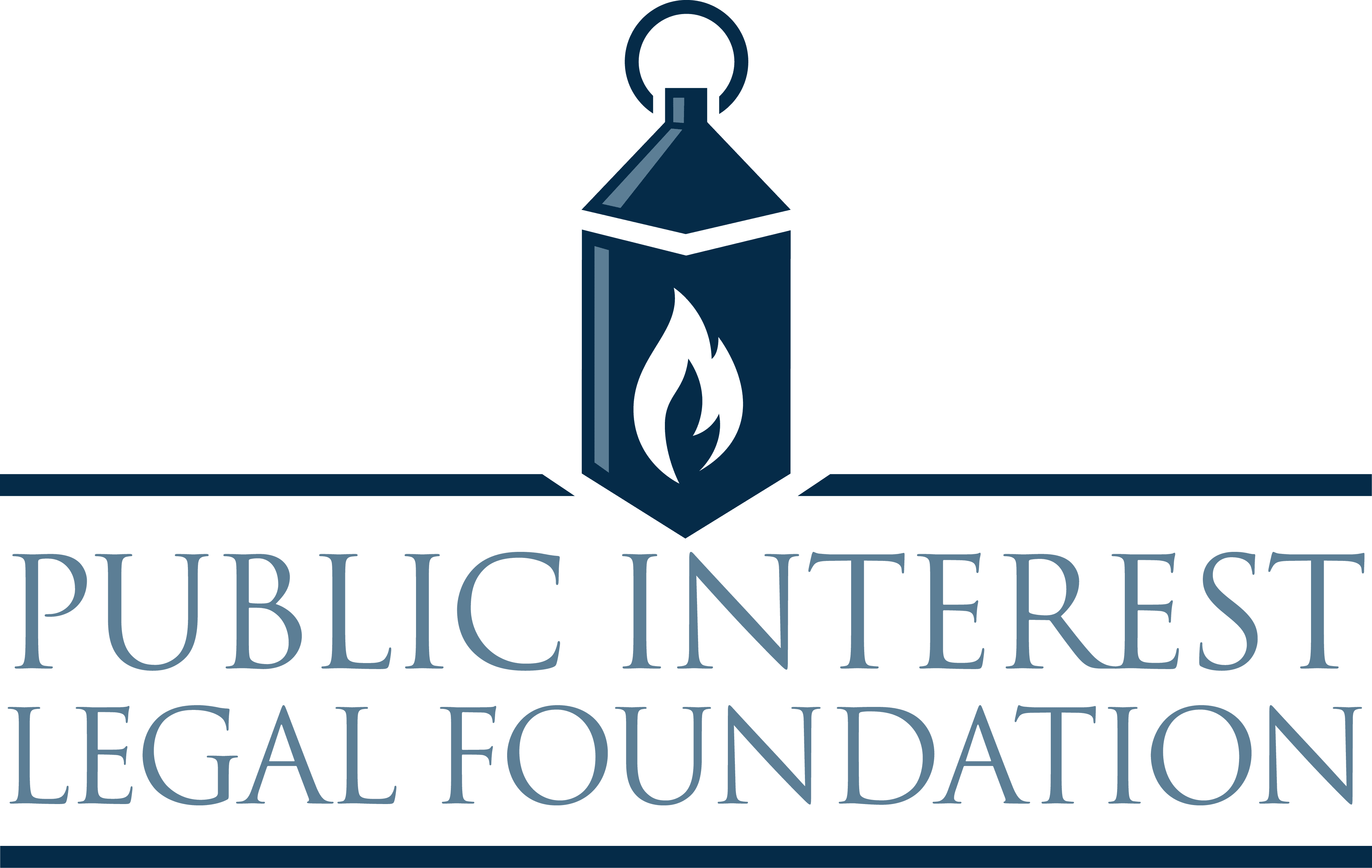The Public Interest Legal Foundation (PILF) joined the American Constitutional Rights Union (ACRU) to file an amicus brief in the Kansas Court of Appeals urging the court to uphold the constitutionality of the state’s longstanding ban on fusion voting.
Fusion voting allows multiple political parties to nominate the same candidate and display that candidate’s name multiple times on the general election ballot. Kansas state law currently prohibits the practice and requires candidates to accept the nomination of only one political party. United Kansas Inc. v. Schwab challenges this provision under the Kansas Constitution.
In the brief, PILF defends the right of the Kansas Legislature to regulate election procedures and maintain the neutrality of the ballot , and argues that the ballot is a state-administered tool to conduct elections rather than a platform for partisan speech. The Foundation warns that treating the ballot as an expressive medium would force the state to subsidize political messaging and open the door to manipulation by minor factions.
The brief cites Mazo v. New Jersey Secretary of State and other rulings that affirm the state’s authority to regulate what appears on the ballot, distinguishing between campaign speech and the structured process of voting. “Freedom of speech is essential to free and open elections,” the brief explains, “but there is a point at which the campaign ends and the electoral process begins.”
PILF further argues that fusion voting introduces serious risks to democratic stability. In states like New York, fusion practices have given fringe parties undue leverage by enabling them to cross-nominate major party candidates in exchange for political favors. The brief notes that “fusion voting empowers the fringes of the political spectrum to become outsized players in state politics far beyond their actual support,” undermining the principle that ballot access should reflect a genuine base of voter backing.
Drawing from recent state court decisions in Pennsylvania and New Jersey, PILF emphasizes that even under broader state constitutional protections, courts have upheld fusion voting bans as reasonable and constitutionally sound. The Kansas Court of Appeals should do the same.
“Fusion voting is a tool for fringe parties to gain undue influence and confuse voters,” said J. Christian Adams, President of the Public Interest Legal Foundation. “Fusion voting undermines the electoral process.”
The full text of the amicus brief can be found here.
For more information or to schedule an interview with J. Christian Adams, please contact Douglas Blair at dblair@publicinterestlegal.org or call 503-956-9899

